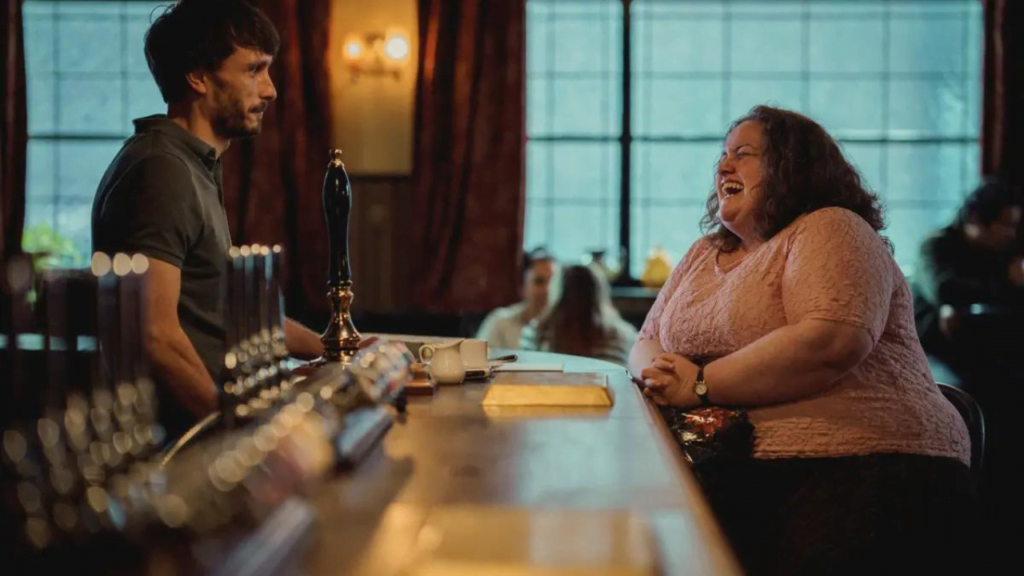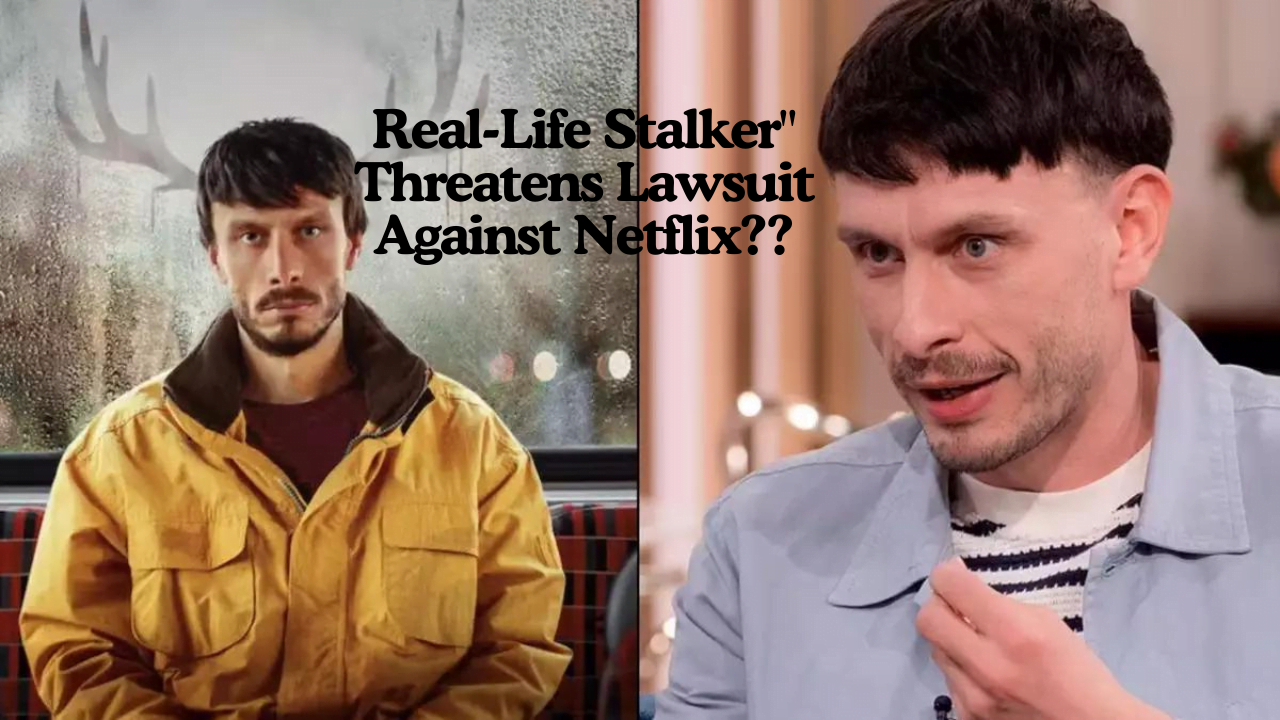Introduction:
In the recent months, Netflix’s hit thriller “Baby Reindeer” has taken the streaming world by storm, captivating its audiences with its chilling portrayal of a stalker’s obsession. However, behind all that fame and glory of the cinematic world lies a real-life drama that has started controversy and legal ramifications.

The Accusation: Allegations of Exploitation and Misrepresentation:
Central to the controversy is a 58-year-old London woman who has stepped forward, claiming to be the inspiration behind the character “Martha” in the show. She filled allegations that Richard Gadd, the creator of “Baby Reindeer,” exploited her personal story for fame and misrepresented her character as a deranged stalker. Shockingly, she further accuses Gadd himself of being the obsessed party, utilizing the show as a means to continue harassing her.
Defamation Claims: Parallelism and Online Harassment
The main focus of the woman’s legal argument centers on defamation; she contends that, in spite of the director Gadd’s claim to have concealed the characters inspiration, there is no denying the very obvious similarities between the character Martha and herself. She also contends that this portrayal has not only resulted in online harassment but has escalated to the extent of receiving death threats. The woman’s argument depends on highlighting the remarkable similarities between “Martha” and her actual self and highlighting the possible negative effects of the show’s depiction.
Gadd’s Silence: Implications and Speculation
It’s actually quite noticeable that Richard Gadd hasn’t issued any public response against these allegations, leaving many to speculate on the potential ramifications for “Baby Reindeer.” Gadd’s choice to stay silent on the controversy could be a calculated effort to deflect more criticism and maintain the integrity of the story, as the program depends so much on the credibility and authenticity of its characters.
Uncertain Future: Legal Ramifications and Ethical Considerations
The show “Baby Reindeer” will surely be implicated by the pending lawsuit. Should the women prove the defamation, it could compel alterations or even removal of the series from the said streaming platform. Moreover, the case raises broader questions regarding the ethical responsibilities of creators who draw inspiration from real-life events, highlighting the delicate balance between artistic expression and the potential harm inflicted on individuals.
The Takeaway: Navigating the Complexities of Artistic License and Defamation
The “Baby Reindeer” dispute highlights the complex relationship between artistic license and defamation in the entertainment industry. The courts will have to navigate the complicated instances of striking a balance between the preservation of people’s reputations and creative freedom as the legal proceedings progress. The verdict in this case will surely influence future conversations on the moral bounds of narrative and the responsibility of content producers.
Conclusion:
In conclusion, the debate over Netflix’s “Baby Reindeer” is a heartbreaking reminder of the moral issues that arise when real-life events are portrayed in entertainment and media. The ramifications of this legal issue go beyond the boundaries of a particular television series, and as viewers wait for more information, they are forced to consider the larger obligations of creators and the long-lasting influence of their stories.

